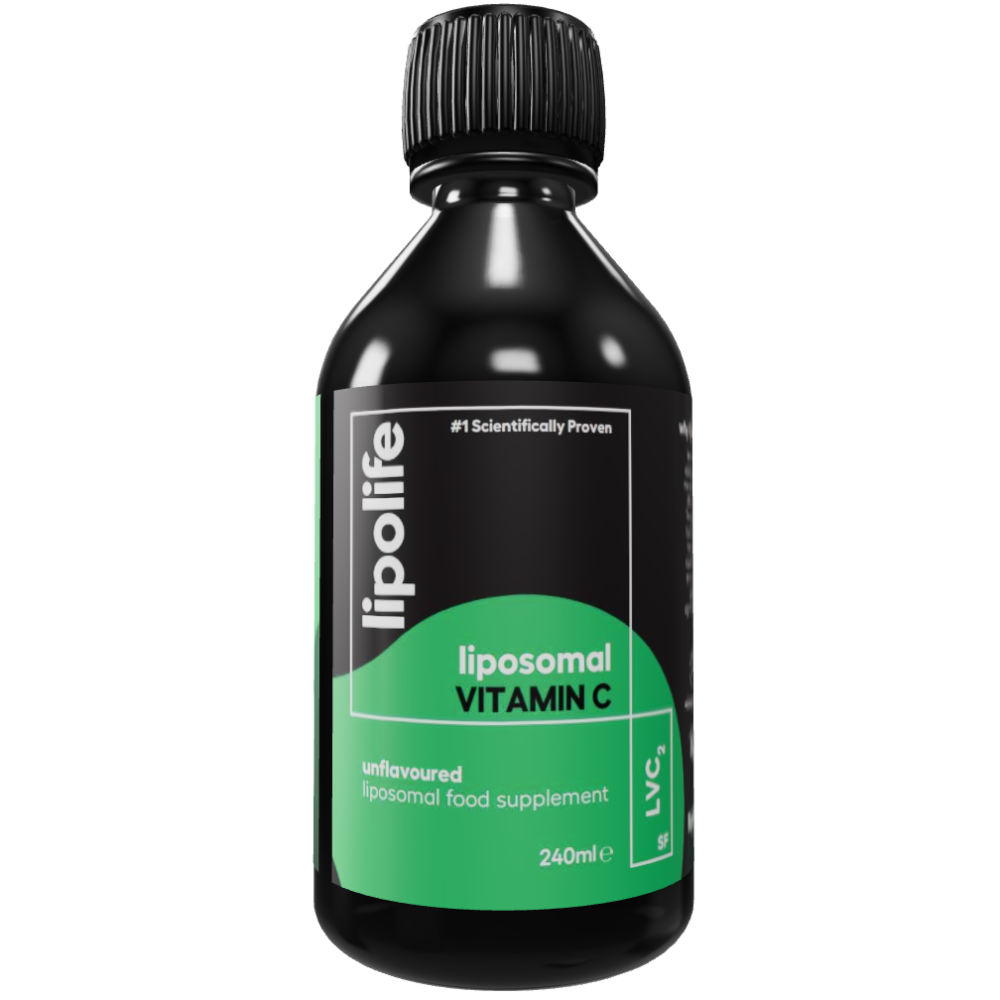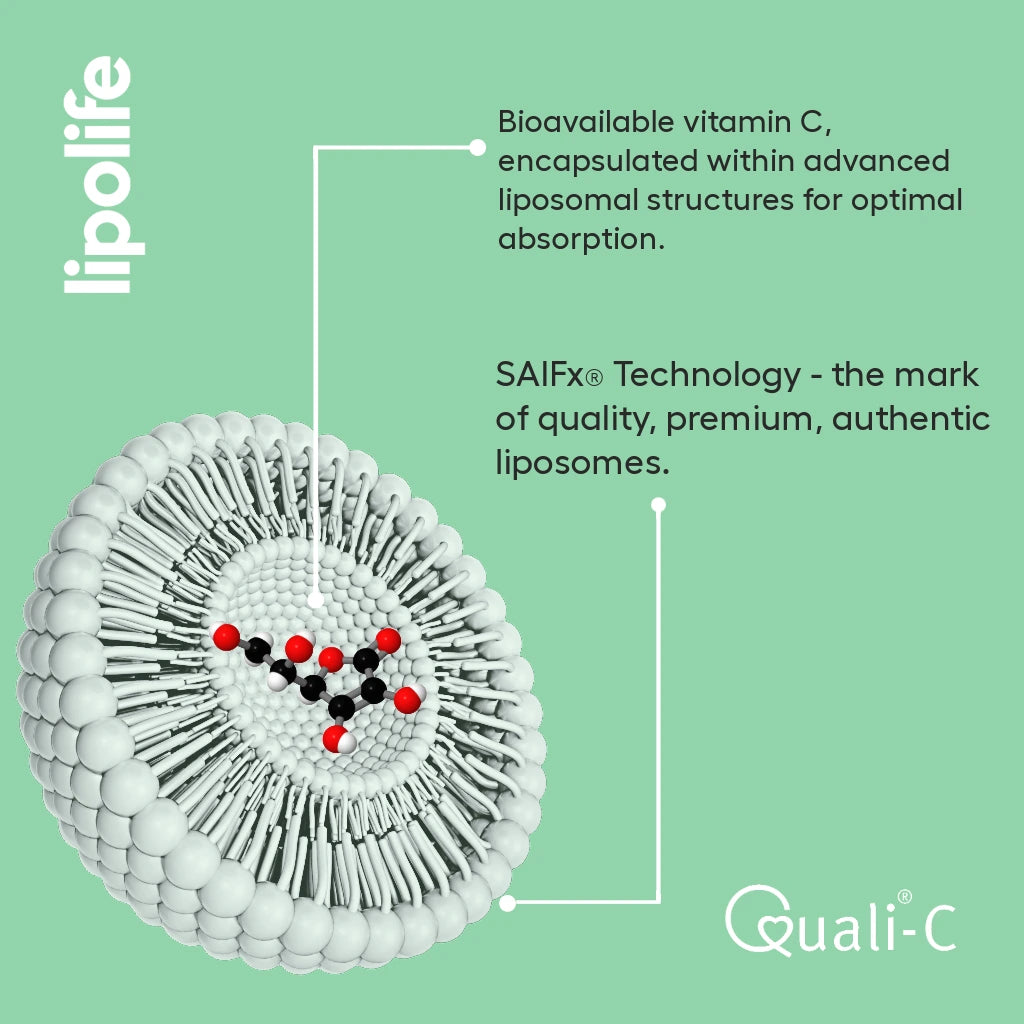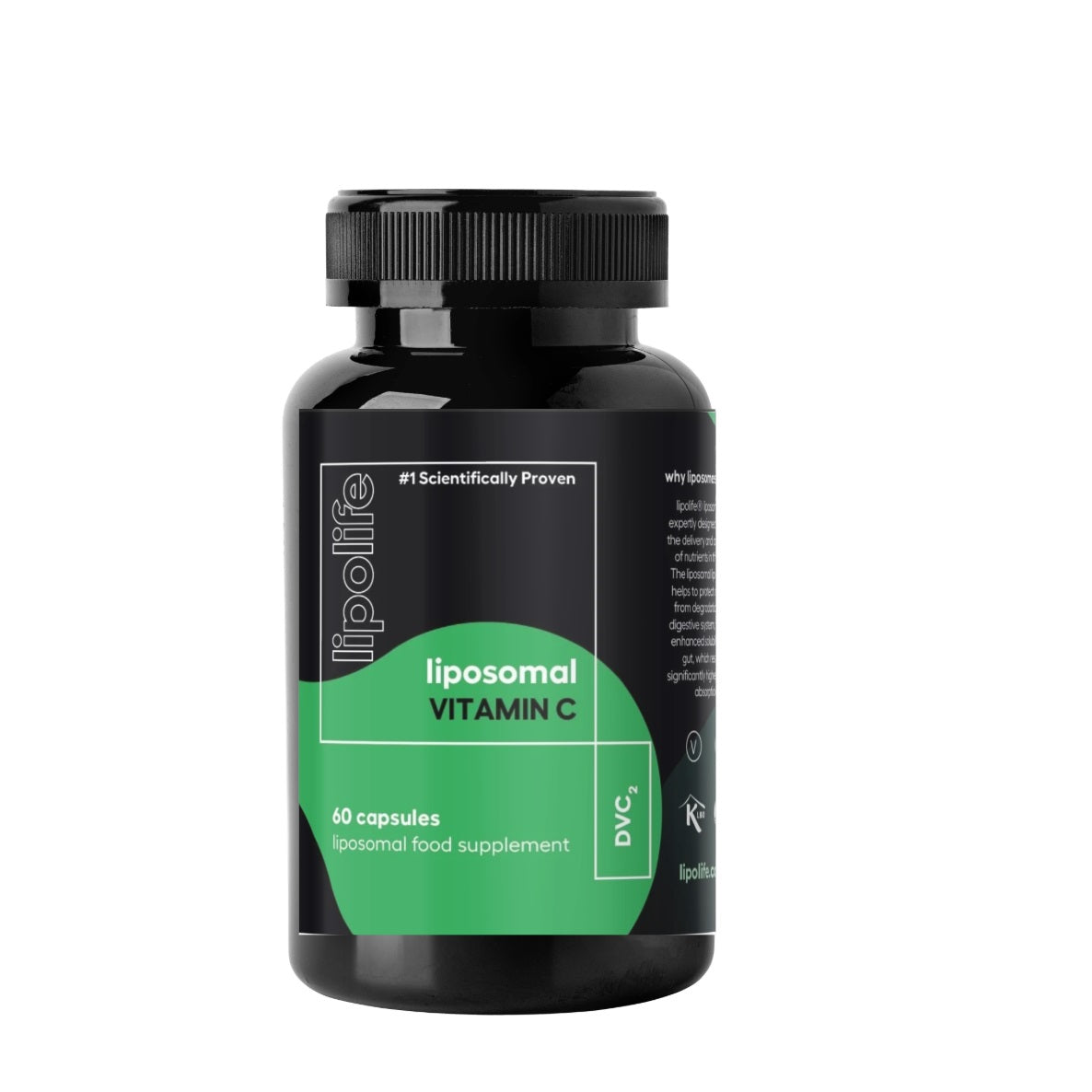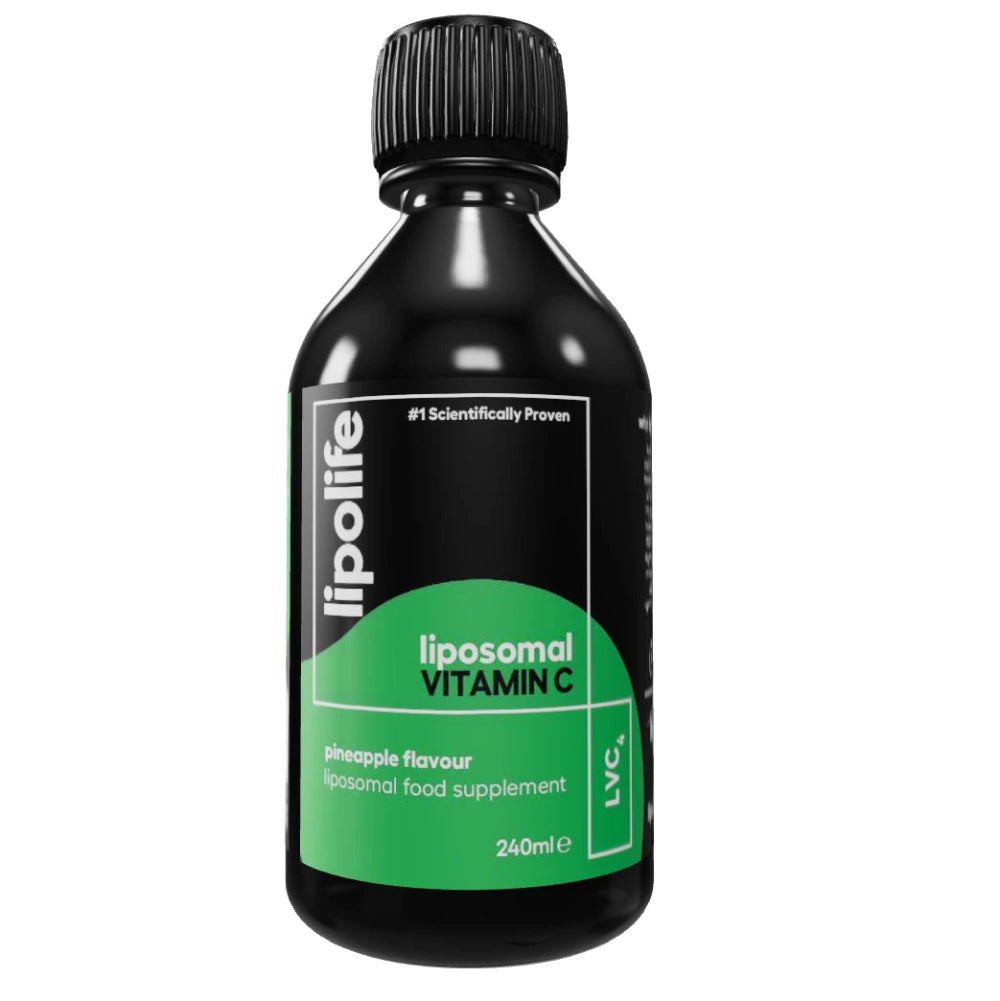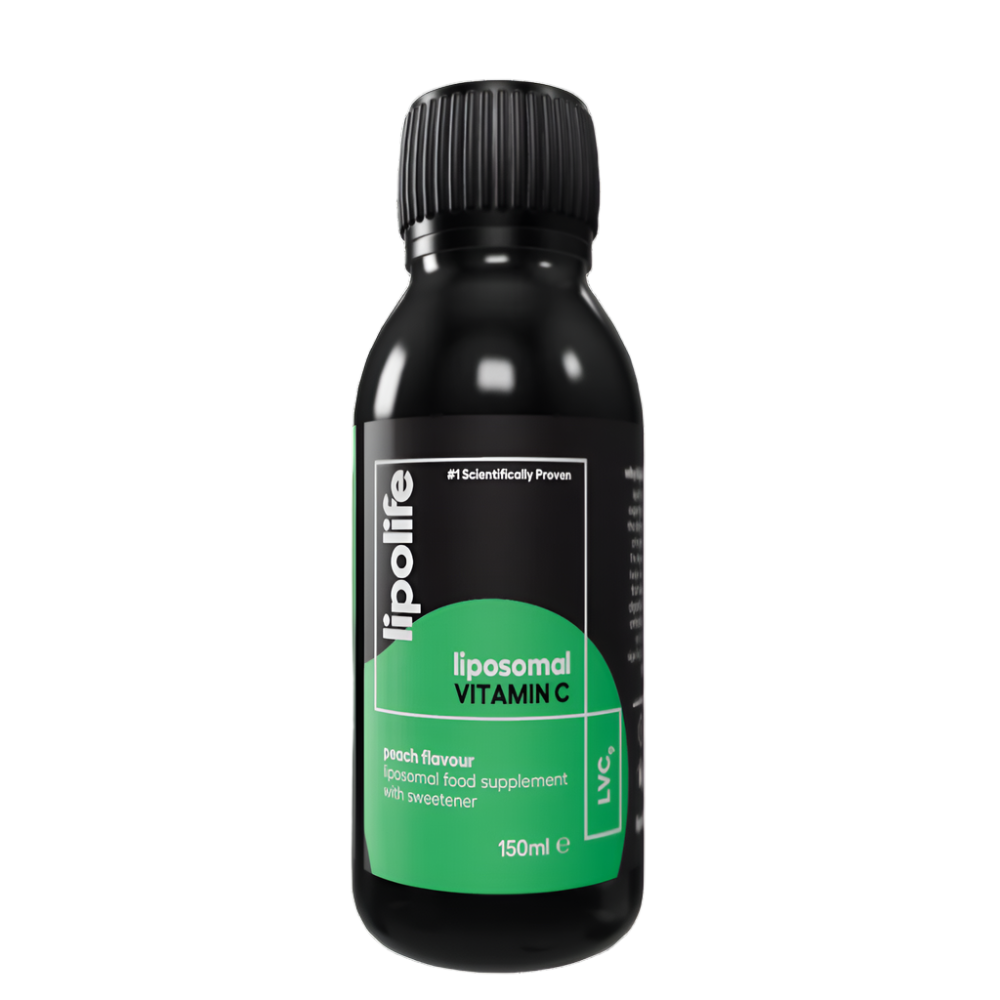if you're looking for the best liposomal vitamin C, you're in the right place. lipolife® delivers high-absorption, liposomal vitamin C formulated with advanced liposomal technology for superior bioavailability.
Unlike traditional vitamin C tablets or powders, lipolife® encapsulates vitamin C within phospholipid liposomes, helping it bypass degradation in the digestive tract and be absorbed more effectively at the cellular level.
- Clinically Tested Absorption
- Non-GMO, Sugar-Free, Soy-Free
- Trusted by Healthcare Professionals Worldwide
- Manufactured in the UK to Pharmaceutical Standards
⭐️⭐️⭐️⭐️⭐️
"I’ve tried other liposomal vitamin C brands, but lipolife® is hands-down the best. I feel the difference within days – more energy, clearer skin, fewer colds."
– Jessica L.







